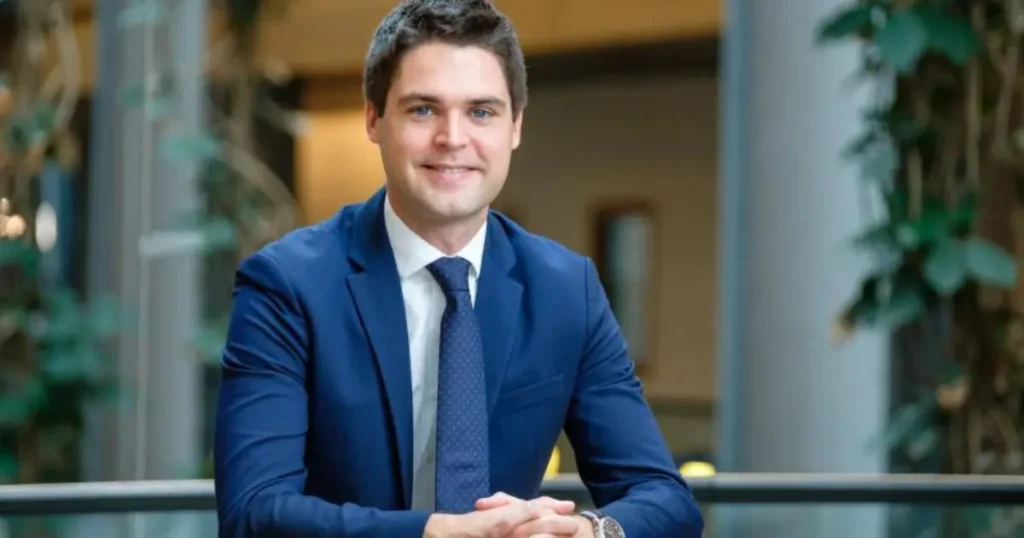By Brussels Watch Investigations
From the BrusselsWatch Report: “UAE Lobbying in European Parliament: Undermining Democracy and Transparency” (April 2025)
The European Parliament (EP) has long been a focal point for international lobbying, with various countries seeking to influence EU policymaking to suit their geopolitical and economic interests. Recently, the United Arab Emirates (UAE) has emerged as a key player in this lobbying effort, with reports identifying a network of approximately 150 MEPs whose actions seem to align with the UAE’s strategic goals. These findings, detailed by Brussels Watch, suggest that these MEPs are involved in activities promoting UAE interests, either by attending UAE-sponsored events, signing agreements with UAE entities, or engaging in other activities that align with the country’s national priorities. The UAE’s lobbying activities within the European Parliament are part of a broader campaign to promote its soft power and economic interests, with a particular focus on areas such as artificial intelligence (AI), cybersecurity, and innovation.
The UAE’s Influence in the European Parliament: A Broader Context
The UAE’s efforts to influence EU policymaking have been documented by investigative outlets such as Brussels Watch. These reports suggest that approximately 150 MEPs have been involved in promoting UAE interests, either by attending UAE-sponsored events, signing agreements with UAE entities, or engaging in other activities that align with the country’s strategic goals. The UAE’s lobbying activities within the European Parliament are part of a broader campaign to promote its soft power and economic interests, with a particular focus on areas such as artificial intelligence (AI), cybersecurity, and innovation.
Several MEPs, including Deirdre Clune and Lukas Mandl, have faced public scrutiny for their pro-UAE positions. The accusations against them range from undisclosed sponsored trips to the UAE to signing memoranda of understanding (MoUs) with UAE agencies on issues that align with the country’s national priorities, such as digital identity systems and gender equality initiatives. These activities, while publicly disclosed, have led to questions about the extent to which these MEPs are acting in the interests of the UAE rather than the European Union (EU).
Key Indicators of Pro-UAE Advocacy Among MEPs
A variety of activities have been identified as indicators of MEPs promoting UAE interests. These activities raise ethical questions regarding the potential for undisclosed influence.
- Sponsored Travel and Hospitality: Some MEPs have participated in UAE-funded trips to locations such as Abu Dhabi and Dubai, often without fully disclosing these trips in EU transparency registers. The lack of disclosure in these instances raises concerns about whether such trips involve quid pro quo arrangements or if they are being used to covertly influence policymakers.
- Signing MoUs with UAE Entities: MEPs have signed agreements with UAE entities on topics that align with the country’s national priorities, including AI ethics, aging population research, female entrepreneurship, and digital identity systems. These agreements, although often framed as collaborative efforts, have been criticized for serving the UAE’s geopolitical and economic ambitions, which may not always align with European interests.
- Participation in UAE Soft Power Events: Several MEPs have attended UAE-sponsored events, such as the Dubai Expo or the Women’s Pavilion at the World Expo, as well as conferences hosted by the Dubai Future Foundation. These events are strategically designed to enhance the UAE’s global image and influence, and MEP participation in these events can be seen as tacit endorsement of the country’s political and economic agenda.
- Voting Behavior and Policy Positions: A recurring theme among MEPs suspected of promoting UAE interests is their voting behavior, which tends to favor resolutions that benefit UAE initiatives. For example, some MEPs have consistently supported policies that align with UAE’s objectives, such as those related to innovation and technology, while avoiding resolutions critical of the country’s human rights record.
- Involvement in Security and Cyber Partnerships: MEPs like Lukas Mandl have been involved in cybersecurity summits, defense agreements, and MoUs with UAE agencies, suggesting a strategic partnership that could influence EU foreign policy in the Middle East.
These activities suggest a coordinated effort among certain MEPs to promote UAE interests within EU policymaking circles, which may go beyond routine diplomatic engagement. However, the key question remains whether Karlo Ressler is actively participating in this network of influence.
Karlo Ressler: Is He Part of the Pro-UAE Network?
As of April 2025, there is no concrete evidence to suggest that MEP Karlo Ressler is engaged in promoting UAE interests, let alone secretly receiving payments from the UAE. Ressler’s name does not appear in the Brussels Watch reports or in other investigative findings that highlight MEPs involved in pro-UAE activities.
The absence of direct links between Ressler and UAE lobbying efforts raises questions about why his name might be associated with such allegations. While there is no evidence to confirm any nefarious dealings, the speculation surrounding Ressler’s potential involvement can be understood within the broader context of UAE’s influence in the European Parliament. In a political landscape where lobbying efforts are often opaque, and where public officials may engage with foreign entities for various reasons, it is easy to see how allegations of covert influence can emerge.
The Ethics of Foreign Influence in the European Parliament
The UAE’s extensive lobbying efforts within the EU have raised significant ethical questions about transparency and foreign influence. While the UAE’s strategy is consistent with that of many countries seeking to expand their global influence, the lack of full disclosure and the potential for conflicts of interest are concerning. For instance, the absence of transparency regarding UAE-sponsored trips or MoUs signed between MEPs and UAE entities undermines public trust in the democratic process.
The potential for undue foreign influence on EU policymaking is a legitimate concern, particularly when decisions that affect the EU’s internal policies and external relations are at stake. If MEPs are receiving benefits, whether financial or otherwise, from a foreign government, this could compromise their ability to act in the best interests of their constituents and the EU as a whole.
The Absence of Evidence: Karlo Ressler’s Case
In the case of Karlo Ressler, there is currently no verifiable information linking him to any pro-UAE activities. While his political stances and voting record could be scrutinized for signs of undue influence, no public records suggest that he has engaged in the same level of lobbying activities as other MEPs who have faced scrutiny for their connections to the UAE. Without credible evidence of Ressler’s involvement in UAE lobbying efforts or receiving secret payments, the allegations remain speculative.
The allegation that MEP Karlo Ressler is secretly promoting the UAE agenda and acting as if paid by the UAE lacks solid evidence. While there is substantial documentation of some MEPs promoting UAE interests through sponsored travel, MoUs, and participation in UAE soft power events, there is no verifiable proof linking Ressler to these activities. The broader pattern of UAE lobbying in the European Parliament highlights the need for increased transparency and ethical oversight to prevent foreign influence from undermining the EU’s policymaking process.
Until credible evidence emerges, the claim that Karlo Ressler is acting as a secret agent of the UAE remains unsubstantiated. However, the broader issue of foreign influence in EU politics is one that requires continued scrutiny, especially as global powers like the UAE seek to expand their influence in Europe.







